OData is used by Netflix and in many of Microsoft's products (servers: CRM, Sharepoint, SQL Server; clients: Excel).
While OData is interesting, it has it's own set of benefits and trade-offs.
I've designed and build a custom search engine for internal use. Many developers are using the search engine for reporting and lists, replacing the reports and custom search/filter functionality in each line of business app with this search engine.
I have a decent system to allow querying/filtering in my search engine. It's all url driven so it's easy to use.
At this point, I want to add a little bit more functionality to the URL "command line". OData is a tempting choice because we use a lot of Microsoft tech already. It also has standard language for filters with Boolean logic, etc.
Are there any other legitimate standards based REST frameworks like OData that I should look at?
I'm not sure I need the full OData stack for what I'm doing. My simple query string based filtering is working very well at this point. Just want to conduct some due diligence so I can make an informed decision.
Thanks.
Edit
What I'm looking for is more of a framework for creating my search API. Lucene/Solr use a url syntax http://lucene.apache.org/solr/tutorial.html as does OData. Lucene/Solr aren't exactly what I'm looking for and are too complex for my scenario. However, they have a well defined url api.
I'm looking for any other well define url-based api examples. I want to see the "prior art" for defining a query/search syntax based on a url and query string parameters.
